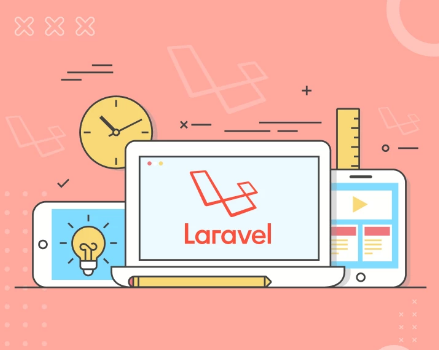In the realm of web development, choosing the right framework can significantly impact a project’s success. In recent years, Laravel has emerged as a preferred choice among developers due to its robust features and efficient workflow. For any skilled Laravel programmer, harnessing the advantages of this framework can unlock a world of possibilities in crafting dynamic, scalable, and secure web applications.
Simplified and Expressive Syntax
One of the standout features of Laravel is its elegant and expressive syntax, which simplifies the coding process. Its clean and readable codebase not only enhances developer productivity but also facilitates the maintenance and scalability of projects. For a Laravel programmer, this means spending less time on repetitive tasks and more time on implementing innovative solutions.
Comprehensive Documentation
Laravel boasts comprehensive and well-structured documentation, making it an ideal choice for both beginners and experienced developers. This documentation serves as an invaluable resource, providing clear explanations, examples, and best practices. It empowers Laravel programmers to quickly grasp concepts, troubleshoot issues efficiently, and explore advanced functionalities with ease.
MVC Architecture
Laravel follows the Model-View-Controller (MVC) architectural pattern, offering a structured and organised approach to development. This separation of concerns enhances code maintainability, promotes code reusability, and facilitates the implementation of new features without disrupting the existing codebase. For a Laravel programmer, this architecture streamlines the development process and fosters a more systematic workflow.
Built-in Libraries and Modular Packaging
The framework comes bundled with a plethora of pre-built functionalities in the form of libraries and modular packages, known as Laravel’s "bundles." These bundles cover various aspects such as authentication, caching, routing, and sessions, significantly reducing the need for developers to build these components from scratch. This feature simplifies development tasks and accelerates the creation of robust applications.
Blade Templating Engine
Laravel’s Blade templating engine stands out for its simplicity and efficiency. It offers intuitive syntax for creating layouts and includes, enabling Laravel programmers to build dynamic content-rich pages swiftly. Blade templates facilitate the separation of design and logic, promoting cleaner and more maintainable code.
Security Features
Security is paramount in web development, and Laravel prioritises this aspect by integrating robust security features. The framework includes built-in protection against common vulnerabilities like SQL injection, cross-site request forgery, and cross-site scripting. Laravel’s authentication and authorisation mechanisms are robust, making it easier for a Laravel programmer to implement secure user authentication.
Eloquent ORM
Laravel’s Eloquent ORM (Object-Relational Mapping) simplifies database operations by allowing developers to work with databases using intuitive and expressive syntax. It abstracts database interactions, making tasks like querying databases and managing relationships between models straightforward and efficient.
For any Laravel programmer navigating the landscape of web development, harnessing the advantages of Laravel can be a game-changer. Its intuitive syntax, robust features, comprehensive documentation, and security measures streamline the development process, enabling the creation of powerful and secure web applications.
In 2023, as the demand for high-performance web applications continues to soar, embracing Laravel emerges as a strategic choice for developers aiming to deliver exceptional solutions. With its array of advantages, Laravel remains a driving force in the realm of web development, empowering Laravel programmers to build sophisticated, scalable, and secure applications with unparalleled ease and efficiency.

Comments
Post a Comment